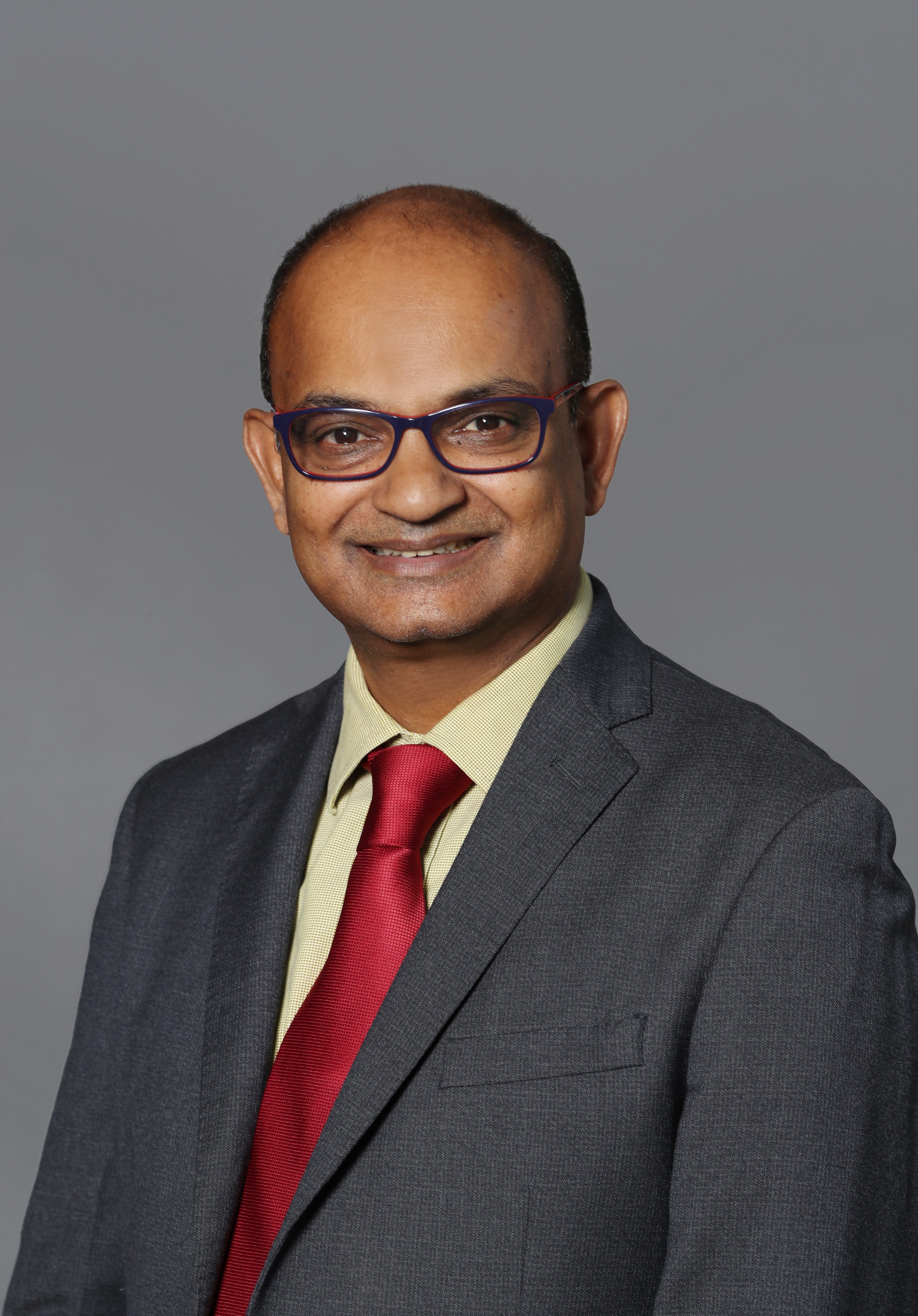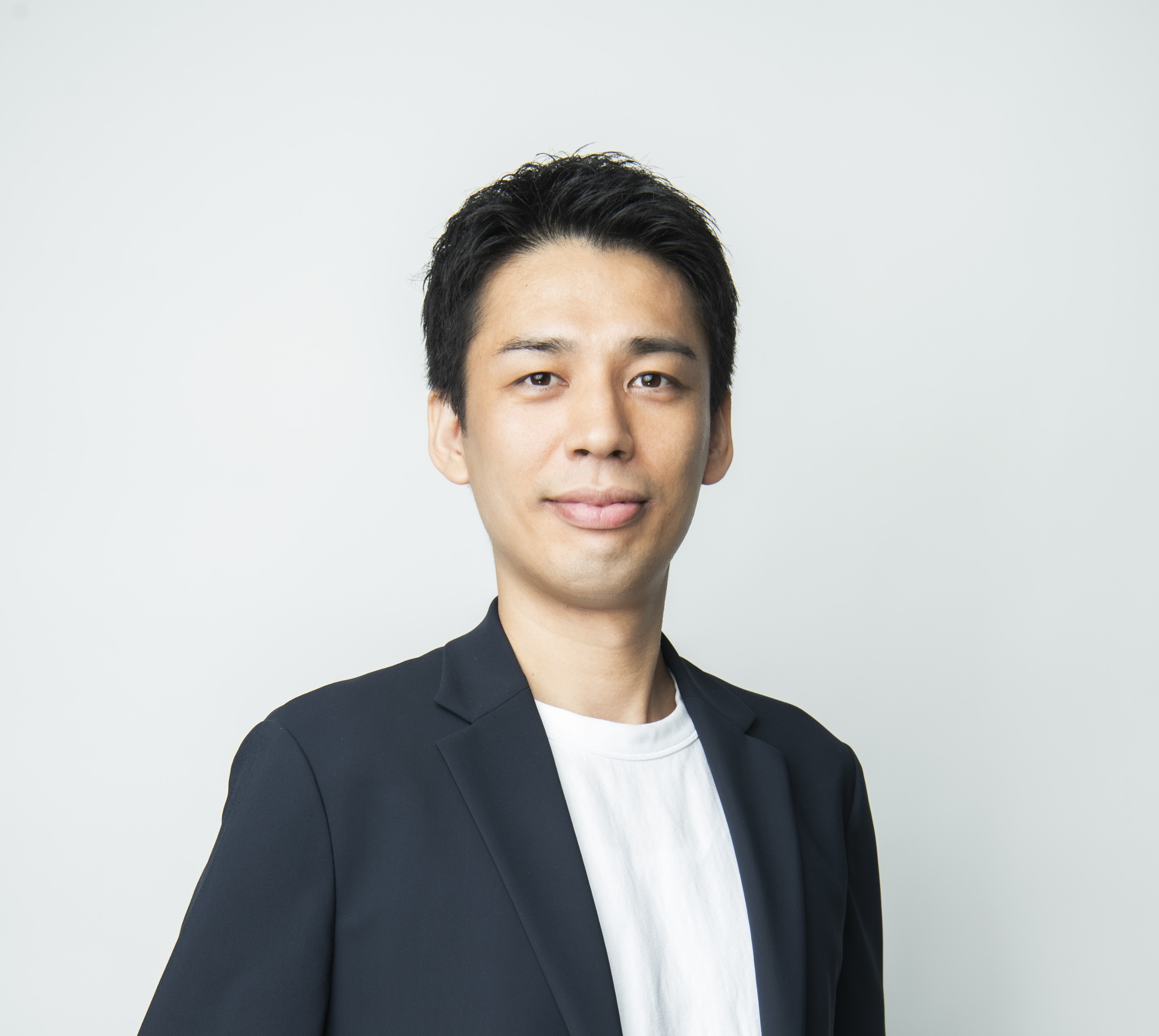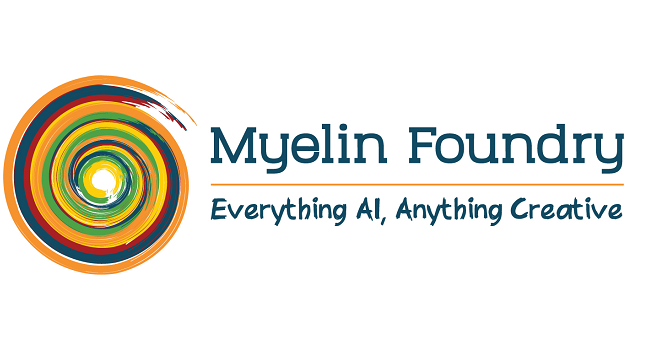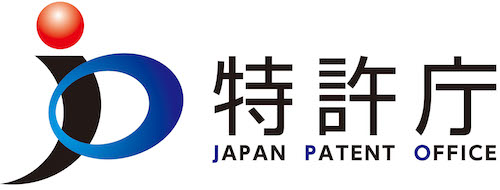IP BASE English Page
Interview with Gopichand Katragadda, CEO and Co-Founder of Myelin Foundry
“Business Leaders and Engineers Should Learn Intellectual Property” - Insights into IP Creation from an Indian Deep Tech Startup
As AI-powered startups emerge one after another, intellectual property has become essential to differentiate and protect their innovative technologies. Myelin Foundry, an deep tech startup in India, has attracted global attention for its on-the-edge AI technology that can be used on mobile phones and automobiles alike. They are pursuing a principled IP strategy in software development, an area known to be typically difficult to obtain intellectual property protection. Yuichiro Sano, a principal at Beyond Next Ventures, a leading venture capital in Indian startups, spoke with the founder and CEO of Myelin Foundry driving the company’s IP strategy, Gopichand Katragadda. Beyond Next Ventures is a major shareholder of Myelin Foundry, and has been actively investing in Indian startups since 2019, with its base of operations in Bengaluru.

Myelin Foundry CEO, Gopichand Katragadda.
Involved in AI since 1990, Gopichand Katragadda initially earned his degree in engineering in Bangalore before attaining a PhD from a US University. He subsequently joined a US-based startup as a senior research engineer and grew the research lab from 40 to 400 members across 6 years. From 2002 onwards, he led the intellectual property team at GE India and later became the Chief Technology Officer and board member at Tata Group, one of India’s largest conglomerates. Other positions he has held include Asian Paints, ICICI Securities, Bosch India and serves as the President of the IET Council. In 2019, he co-founded
Myelin Foundry and currently serves as its CEO.

Interviewer: Mr. Yuichiro Sano, Principal, Venture Capitalist at Beyond Next Ventures Inc.
Yuichiro Sano worked for the Japan Bank for International Cooperation (JBIC) and the Japan International Cooperation Agency (JICA) for about 15 years, including a three-year assignment in India. He provided various financial products for the private sector and launched an investment program for startups. In 2021, he joined Beyond Next Ventures and as the leader of the India investment team, he leads new investments in Indian startups and supports portfolio companies. He is also involved in impact investment activities both in Japan and India. He graduated from the School of Political Science and Economics at Waseda University and holds a Master's degree in Public Policy from Harvard University.
Developing Proprietary Edge AI Technology Adopted by Global Companies

Indian deep tech startup, Myelin Foundry, was established in 2019 by Gopichand Katragadda (hereinafter referred to as Gopi), an engineer in the AI sector, alongside Ganesh Suryanarayanan, an engineer with expertise in system-on-chip technology. While a number of top companies have entered the AI field, the two founders decided to focus their efforts in on-the-edge AI technology, primarily designed for processing audio and video data on smartphones and automobiles.
In this context, “edge” refers to utilizing AI on unstructured data such as video, audio, and text on the device itself. Metadata collected from this process can be analyzed by AI and utilized in a number of ways to enhance a customer’s experience. Furthermore, in the case of video streaming, neural network models can be used to enhance the visual fidelity prior to reaching the end-user as well as ideal ad insertion points used for monetization purposes.
When it comes to automobiles, processing video data from cameras installed in and around the vehicle at the edge, as opposed to the cloud, enables immediate warnings to the driver about drowsiness or distractions, preventing or mitigating potential accidents. The technologies outlined can also be applied to a wide range of industries, for example, assisting in labor shortages in visual and fluorescent penetrant inspections. Myelin Foundry, however, is strategically focusing on technology development for OTT (over-the-top) streaming and the automotive sector where there is already good market traction.
“We chose to focus on AI on the edge as we believe it to be a pioneering field that has a very high barrier to entry for other companies. While current focuses in AI often surround electronics and semiconductor chips, we are concentrating on hardware-agnostic AI applications that can run on both Android and iOS. Even though there are other players in the on-the-edge AI space, our video-focused AI technology is both unique and difficult to achieve. This means that even leading major global companies with dedicated AI teams use our solutions. We’ve been operating in this space for five years with a global-first approach, giving us a unique presence in India.” - Gopi
Intellectual Property Is About Working Safely With Partners
Myelin Foundry's intellectual property (IP) strategy is led by Gopi, who has been involved in AI research since as early as 1990 and has over 30 years of experience in the IP field. Gopi, who was responsible for part of the research division at GE's (General Electric) India branch in 2002 and led a 100-person IP team, one of the largest in the world, aims to create IP that is centered around applications.
“Generative AI has emerged as a major force in recent years, companies like OpenAI have attracted billions of dollars of investment. This presents a significant opportunity for tech startups like ours to innovate within the application space. We see potential for IP protection in areas like content enhancement and metadata generation, leveraging advancements in LLMs, diffusion models, and transformers.” - Gopi.
Patent applications in the company focus on AI applications for smartphone media/entertainment and automotive edge AI with over 10 patents already filed.
Gopi's approach to intellectual property strategy recognizes the difficulty of protecting a specific field with a single patent. Instead, the company selects several areas to create a "patent thicket," leveraging these protected assets for collaboration with partners and customers.
"From a startup's perspective, it's crucial to view intellectual property not as a barrier to entry, but as a trusted partner that safeguards our creations and enables us to collaborate with confidence. This is because we can license certain IP and even co-develop the next generation of IP with our customers.
At Myelin Foundry, we are trying to obtain licenses for the endpoint of devices, but it is very difficult for a startup to negotiate alone, and at this point, we are granting licenses per car model, year of use, or number of customers. In the automotive industry, in particular, it takes at least three years for a new model to come to market, and even longer if alterations to safety standards are involved. That's why we need time to work with our partners, and we believe that by obtaining patents and sharing them, others will be motivated as well," said Gopi.
Significant Improvements To Algorithms And Software Can Be Patented
Gopi is a member of the Confederation of Indian Industry's Startup Council and, starting this year, is the first non-British president of the Institution of Engineering and Technology (IET). Additionally, he also mentors two non-profit startups to give back to the engineering community. Based on these experiences, he advocates for the importance of training engineers and managers in intellectual property and is trying to promote such initiatives throughout India.
"My goal is to make Myelin successful, and at the same time, to make the Indian startup ecosystem successful. If more companies can create intellectual property, I personally would consider that to be a success. However, I believe that IP strategy cannot be outsourced; it's essential that all organizational leaders receive IP training, and engineers should have a fundamental understanding of IP before developing any strategies," said Gopi.
One challenge is that India has less of a documentation culture (compared to other countries), so engineers must first start documenting their own work. He further recommends open discussions about intellectual property and pioneering global ideas. Gopi mentions that IIT (Indian Institute of Technology) offers a course to train engineers to become intellectual property lawyers, and WIPO (World Intellectual Property Organization) also provides free online basic courses on intellectual property.
Gopi points out that every country has its own unique intellectual property system, and these nuances must be taken into account. Even large companies often don't fully understand these aspects.
Additionally, similar to Japan's Super Accelerated Examination (https://www.jpo.go.jp/e/system/patent/shinsa/jp-super_soki/), India's patent office has an initiative for very fast patent grants. However, this requires full disclosure of information in exchange for exclusivity, which may not always be strategically optimal.
While obtaining patents in the field of algorithms and software can be difficult, Gopi advises that significant improvements should be patentable. He further emphasizes the need to selectively patent specific inventions that offer financial returns for the company.
The Potential for Global Collaboration Between India and Japan
Regarding the overall business landscape in India, Gopi believes that it is very difficult forB to C startups to succeed solely in the Indian market, and that the key to success lies in being able to serve global customers. He sees potential for collaboration with Japan as an overseas partner, acknowledging that while the market is difficult to enter, once a relationship is established, it tends to be long-term. He states, "This could be a big opportunity for us."
"Japan is known for its strong teamwork and meticulousness in processes and execution, but that can sometimes take time. In Asia, South Korea has a 'ppalli-ppalli (빨리빨리)' culture, which emphasizes doing things quickly. I think it's important for entrepreneurs to have that kind of spirit, and Japan's startup ecosystem is starting to learn that.
We are looking forward to collaborating with Japanese automakers in the future on automotive safety and infotainment (services and systems that integrate information acquisition and entertainment). We believe we can also contribute to the media and entertainment sectors, and as we have talented individuals, we hope to be able to join forces in those areas," remarked Gopi.


